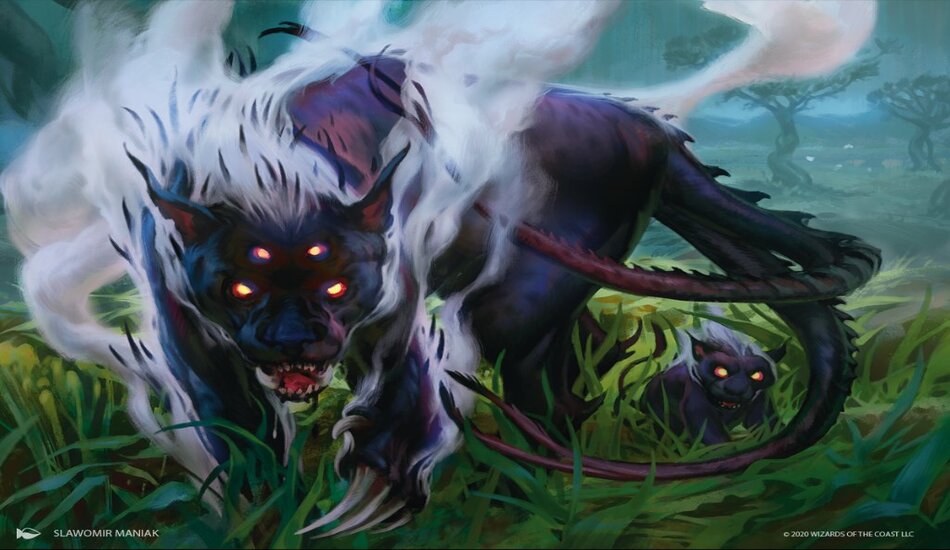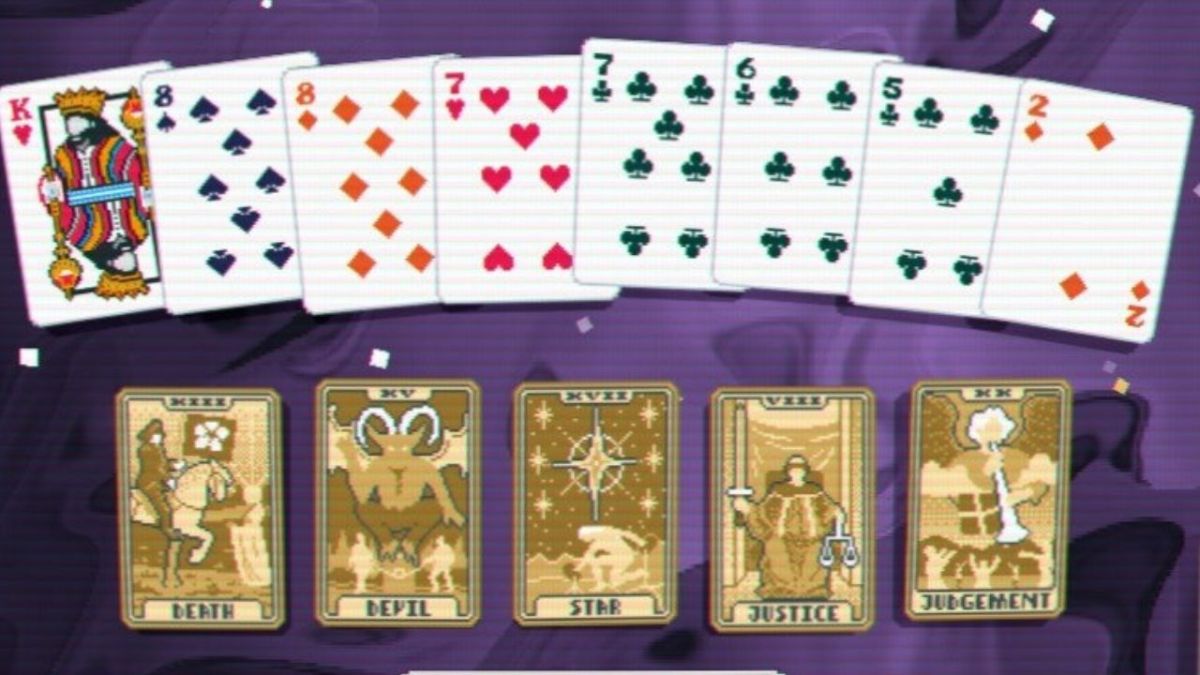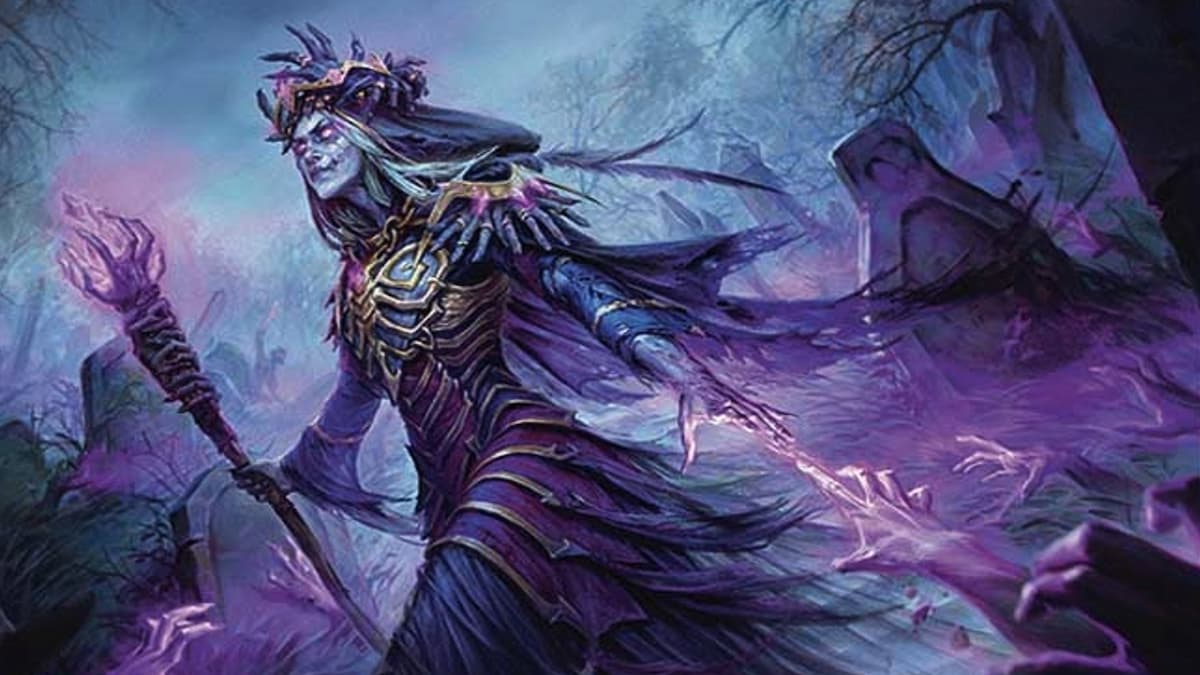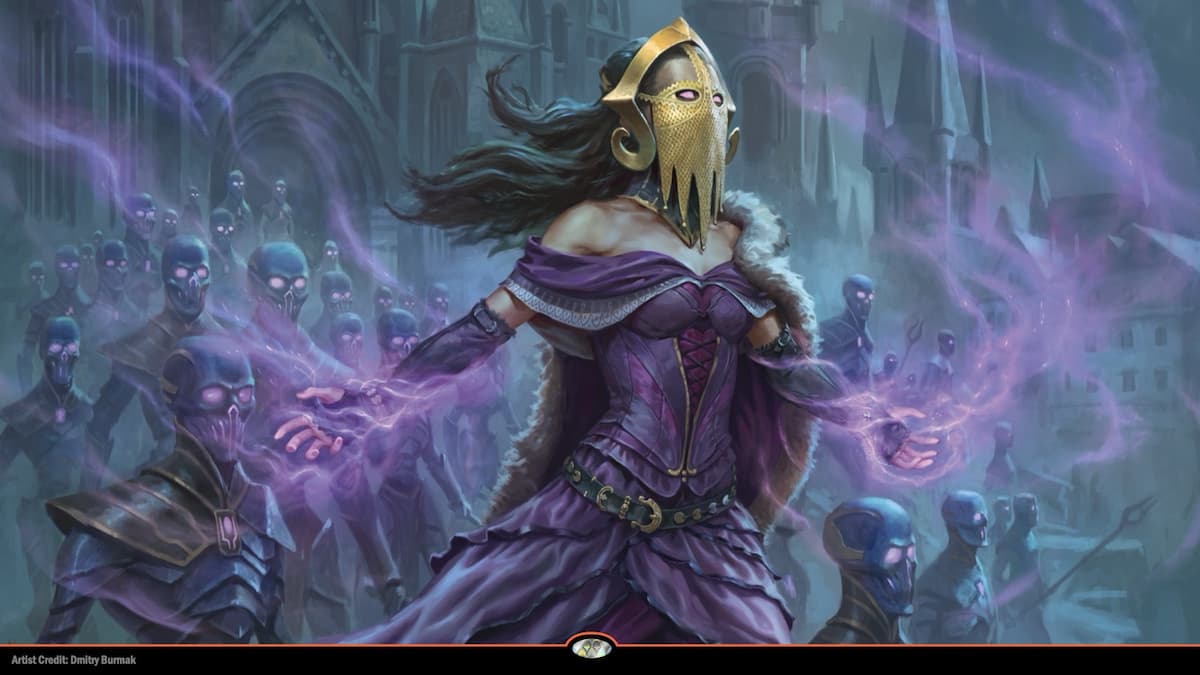A debate over who’s responsible for Companions in Magic: The Gathering yesterday sheds light on the difference between creative design and the play design team.
Head of design for Magic, Mark Rosewater, asked the community on Twitter yesterday whether innovation or balance should be an R&D priority at Wizards of the Coast. The question was initially asked due to the number of complaints from Pros and casual players in the MTG community regarding Companions. And an initial response from two-time WSOP bracelet-winner and Magic Pro player, Eric Froehlich, became a focus of the conversation that led to an open note to Rosewater and multiple WotC teams on Twitter.
Froehlich initially responded to Rosewater earlier in the day saying that balance and innovation were on different axes. Many players are calling Companions a mistake due to the cards creating an opportunity for eight cards in an opening hand, which has disrupted the Standard Constructed meta and other Magic formats like Legacy, as well.
Rosewater responded to Froehlich, and many others, essentially taking the blame for Companions because he’s the “innovation guy.” But as Froehlich hammers home in his open note, the creative team is supposed to push boundaries through creativity while the play design team should either power down those ideas or scrap them altogether.
“My personal belief is that telling Mark to stop sharing those ideas or pushing for innovation would mean the end of Magic as we know it,” says Froehlich. “Not pushing the boundaries of creativity is likely to lead to a very boring game that never has the super cool new designs we’ve come to know.”
It’s unlikely that the inner-workings of WotC will get revealed to the public anytime soon, but Froehlich does bring up a solid point. When disruptive cards become the “norm” in Standard and other various Magic formats; either a team needs to be able to say “no” to those ideas, or feel free to rework them without restraints for the better good of the game.
“But if someone(s) down the line is not able to stop and say ‘Oko is too powerful'” Froelich said, “or ‘Companions completely break the fundamentals of Magic as we know them by creating a huge power incentive and a repetitive play experience that a ton of players will actively despise’, then what’s to be done?”
Innovation and balance are both a priority, but balance through extensive playtesting and a dedicated team keeps innovation in check.







Published: May 8, 2020 08:57 am